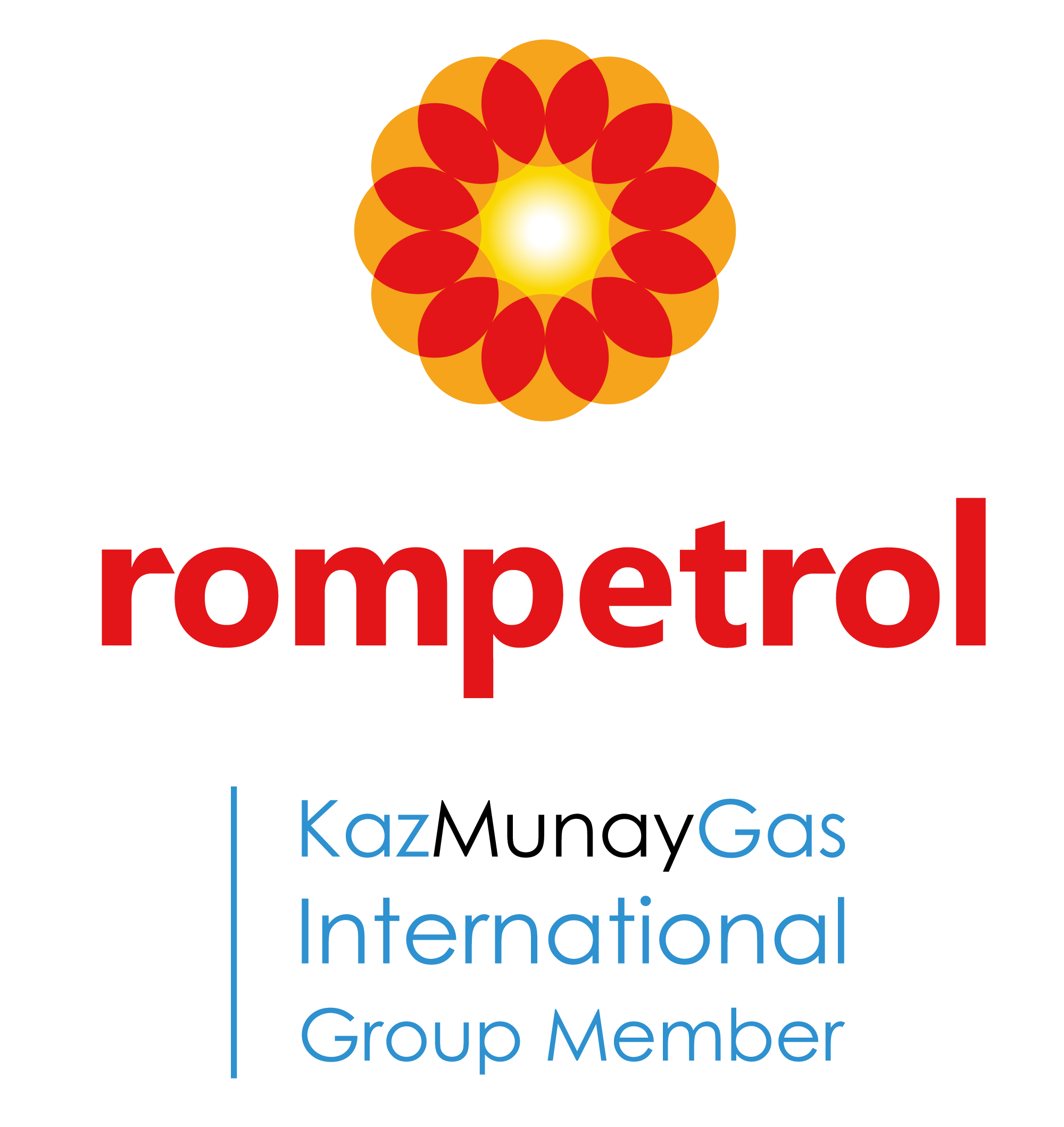Employee Training and Development Software
Employee Training and Development Software contributes to the transformation of needs and requirements into specific training needs. The integrated reporting system and the advanced evaluation methods facilitate the control of the training costs and allow focusing on the training needs, evaluating their effectiveness and allocating resources efficiently.
Benefits of the Charisma Employee Training and Development Software:
Benefits of the Charisma Employee Training and Development Software:
- Own management of the personal development plan allows the employees to select the development activities that best fit the identified training needs, playing an active role in development planning and maintaining professional certifications.
- Reduces the administrative effort of managing the workflow through the automation of appointments and correspondence;
- Improves the control of budgeted costs. The effective allocation of training costs will lead to superior results in terms of quality of implemented programmes and their financial return;
- Integrated reporting features and methods of evaluation and feedback allow the administrators, supervisors and employees to manage pro-actively their training needs;
- Easy access to the training catalogue and self-service features encourage managers and employees to choose suitable development activities, integrating them into the approval process.
Features of the Charisma Employee Training and Development Software:
Course specific features:
Course specific features:
- Creating courses (training programmes) and classes (individual training sessions included in a programme);
- Entering the course data (category, type, agenda, content, objectives, method of teaching, prerequisites);
- Entering data about other course concepts (e.g.: availability of the group and skills developed);
- Entering organizational details about the course (e.g. status of the course, duration, language, costs of the course / class for each trainee);
- Entering specific methods of evaluation of the course and creating feedback questionnaires regarding the satisfaction of trainees which will be submitted at the end of the course (accessible to trainees) by learning transfer.
Classes / Sessions specific features:
- Entering the organizational details about the class (class number, status, start date, class number, status, start date, start time, end date, end time, duration, maximum or minimum number of participants and costs of class together with cost per participant);
- Entering data about the location of the class (e.g. address, contact person, e-mail and telephone number).
List of trainees:
- Option of employee registration, deletion and reservation on the list of trainees;
- Entering the individual costs per each class and determining the cancellation costs.
Employee development:
- Possibility of generating mainstream development plans for user groups of employees, which can be defined;
- Entering initiatives within the development plan (e.g.: catalogue training, mentorship, coaching and other activities), including costs;
- Possibility to define flexible and configurable approval flows for registrations and training queries;
- Possibility to involve managers and employees in the selection and approval process using self-service facilities.
Reports
The module provides a series of useful reports like:
The module provides a series of useful reports like:
- Analysis of development needs within an organization;
- Content of the course:
- Details of the class;
- Proposed list of trainees (employees with approved course applications);
- List of trainees;
- Registered trainees;
- Development plan and cost analysis;
- History of development plan and activities carried out.




